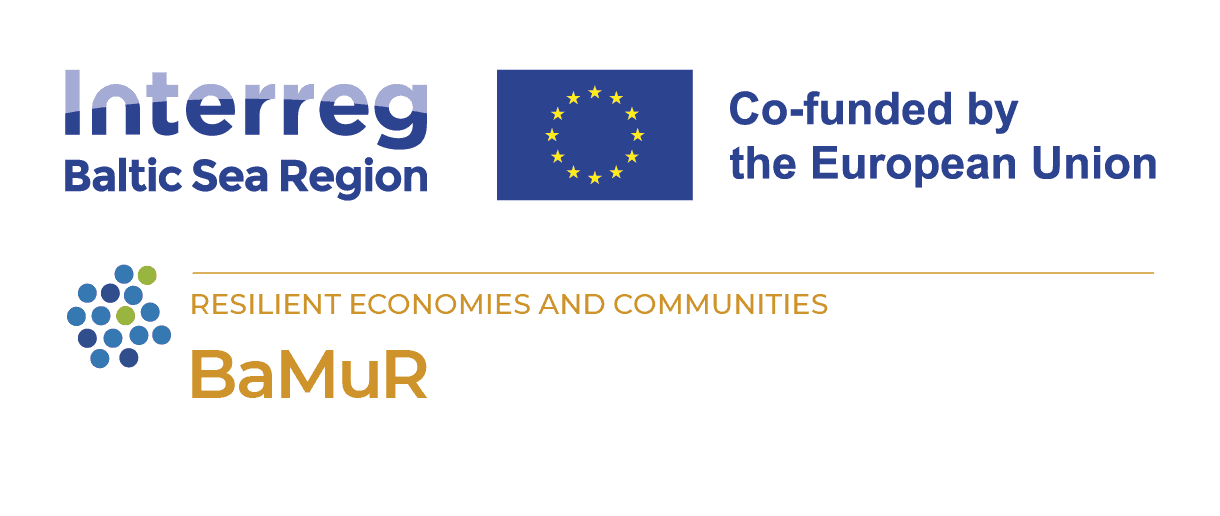
Final pilot report and evaluation
10 June 2024
In the report, the work done with all the three pilots, the results achieved, and their progress through the peer review process is jointly discussed and evaluated.
The three pilots along three strands
Participation, inclusion and interaction
In the pilot by the Estonian War Museum, working with museum volunteers and crowdsourcing has been tested by digitizing the register of memoirs by past members of the Estonian military and building a relational database on these results. The pilot begun with the selection and training of volunteers for this work by museum professionals. It has allowed new information to be learned from process of crowdsourcing archival research work, with a view of finding out the possibilities such cooperation entails as well as the potential issues and limits of this work.
Organic connections and digital sustainability
In the pilot by Forum Marinum, the different preconditions for a new virtual exhibition were tested through gathering feedback about existing virtual exhibitions from different audiences. This provided information for planning for a new, improved exhibition, and trying out individual features of this exhibition by partnering with a private company (SME). This pilot has allowed us to arrive at a better understanding about virtual exhibitions as a tool in improving museum resilience, and both the positive sides and limits of using this tool.
Financial/economic sustainability
In the pilot by Västerviks Museum, the solutions for financial and economic issues caused by the COVID-19 crisis we are suggesting in the project Toolbox are compared with the innovative financial instruments and innovative schemes identified in the Interreg Central Europe project “ForHeritage” (4H) from 2021. Similarities and differences from a northern European (Baltic Region) versus a Central European perspective are contrasted and, where appropriate, changes to the Toolbox are suggested based on this work. As a case study of the comparative results, they are applied on to how Västerviks Museum, with the theme of the Vasa Kings’ ships, is finding new ways to sustainably work with new business models.





